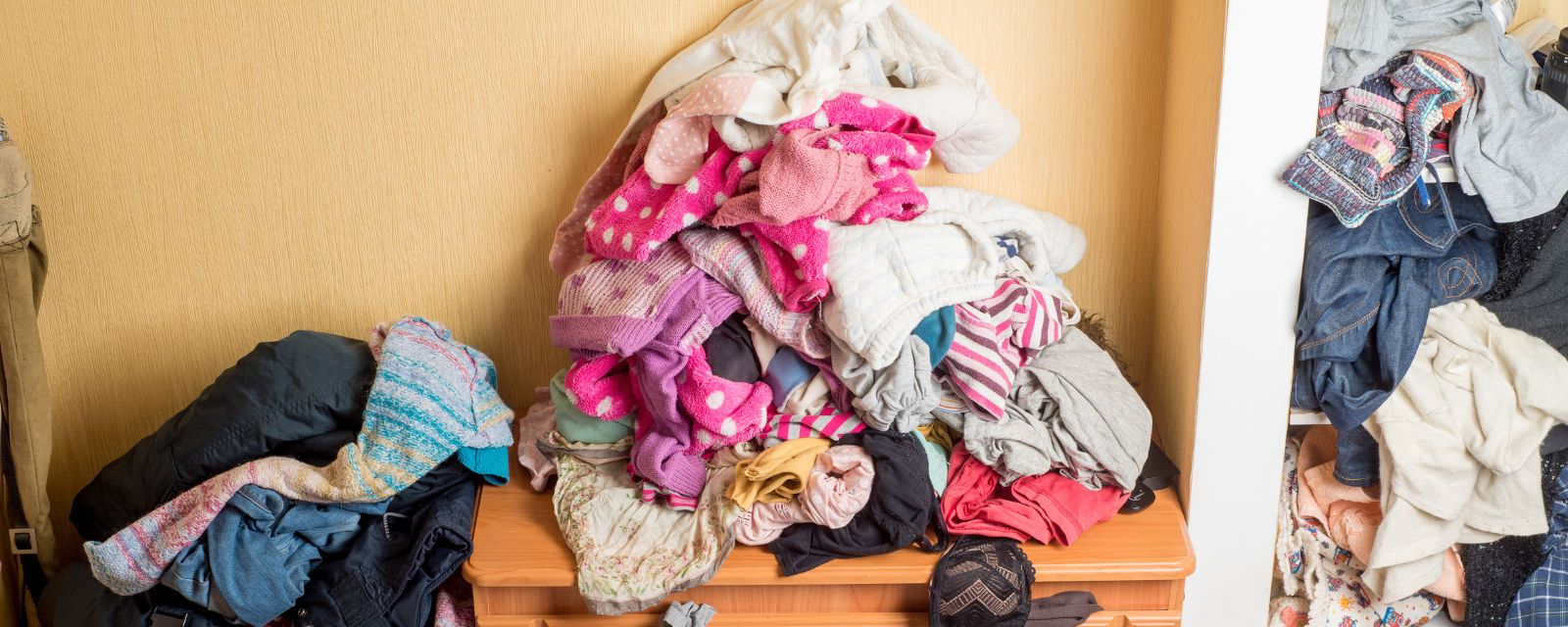Shining a Light: Navigating Perinatal Mental Health as a Father
In light of Father’s Day and International Father’s Mental Health Day, we recognize the experience of the many people who identify as dads. Becoming a father is a transformative experience and for many men, the transition to fatherhood is accompanied by a wide range of emotions. We honor your contributions and acknowledge your unique journey.
We often think only women or birthing people can have mental health challenges during the postpartum period. However, it is important to acknowledge the realities of fatherhood and the impact on well-being and mental health. Amidst the happiness and pride, many new fathers also struggle with painful emotions after the arrival of their child.
I hadn’t appreciated the complex and nuanced journey of fatherhood and the impact on mental health until I witnessed firsthand when my husband and I had our first child. While I was feeling excited and bonding with our baby, my husband was struggling to connect, feeling alone and battling shame as he didn’t feel how he thought he should. I now realize how common this experience is and through this blog, my hope is to shed light and bring awareness to the various mental health difficulties that may come with early parenthood.
Normalizing the challenges of parenthood
Becoming a father can be an overwhelming adjustment. From the stress of having a new baby in the home to embracing new roles and tasks, man may encounter a wide range of emotions during the postpartum period, including anxiety, depression, feelings of isolation, guilt and shame. As highlighted by Postpartum Support International, “1 in 10 dads gets postpartum depression, and up to 18% develop a clinically significant anxiety disorder such as generalized anxiety disorder, obsessive-compulsive disorder, and post-traumatic stress disorder at some point during the pregnancy or the first year postpartum.”
Paternal postpartum depression is a real and significant concern, yet it often goes undiagnosed and untreated. Common symptoms fathers may experience include feelings of sadness, hopelessness, and loss of interest in activities. In fact, men fighting postpartum depression often report higher levels of irritability and anger, according to the Maternal Mental Health Leadership Alliance.
The responsibilities of fatherhood, combined with the pressure and societal expectations to be supportive partners and stoic providers, can intensify these feelings, leading many men to isolate rather than reach out for support. Some men have a hard time developing a strong attachment with their baby, which can be extremely unsettling. Other causes and risk factors contributing to perinatal mood disorders in men involve: hormonal changes, limited social support, lack of positive role models, and maternal depression.
Struggling with mental health difficulties at a time when they are expected to be strong and supportive can also lead to feelings of guilt and shame. Opening up the conversation and creating a safe space for men to openly discuss their experiences and seek support from peers and professionals is crucial in lessening the stigma and removing barriers to care.
Supporting new fathers
More than ever before, parenthood is characterized by shared responsibilities and equal partnerships and today’s fathers take a more active role in the care of children and household duties. The mental health of fathers is crucial to the well-being of the entire family and encouraging fathers to seek help when needed is a courageous step towards healing and well-being for both fathers and their families. Supporting men's postpartum mental health requires a “whole family, father-inclusive approach” that considers the particular needs and challenges faced by fathers (PSI).
Some strategies for support and coping include:
- Self-Care: Engaging in activities that promote well-being and self-care, such as sleep, exercise, and nutrition, can positively impact mood and help alleviate challenging symptoms.
- Social Support: Connecting with others who may be navigating similar challenges can offer validation and understanding and is shown to reduce feelings of isolation and increase coping during such an intense time. Support groups, such as those offered by Postpartum Support International, are a common way to create connection, receive information and normalize experiences.
- Open Communication & Partner Support: Open and honest dialogue and mutual support between partners is essential in cultivating a supportive and nurturing environment for both parents.
- Help from Trained Professionals: Support and guidance from a trained mental health professional can provide a safe, non-judgmental space to talk and feel through the challenges of the postpartum period and help with symptom relief.
- Helpline: If you or a family member are experiencing a crisis or emergency, please call your local emergency number or call or text the Suicide & Crisis Lifeline at 988. For those that need resources and referrals for mental health conditions, the Postpartum Support International helpline is also available at 1-800-944-4773.
Closing Thoughts:
Paternal postpartum mental health is multi-faceted and often overlooked, deserving greater attention and understanding. By raising awareness, increasing dialogue and challenging misconceptions, we can create a more supportive and inclusive environment for new fathers.
To the new dad, the expecting dad, the dad who has lost a child, the dad who longs for a child, the dad who has lost his dad and all the dads in between, we see you and appreciate you.
Resources:
- Help for Partners and Fathers
- International Father's Mental Health Day
- Maternal Mental Health Leadership Alliance
- Postpartum Depression Alliance of Illinois
All material provided on this website is for informational purposes only. Direct consultation of a qualified provider should be sought for any specific questions or problems. Use of this website in no way constitutes professional service or advice.




